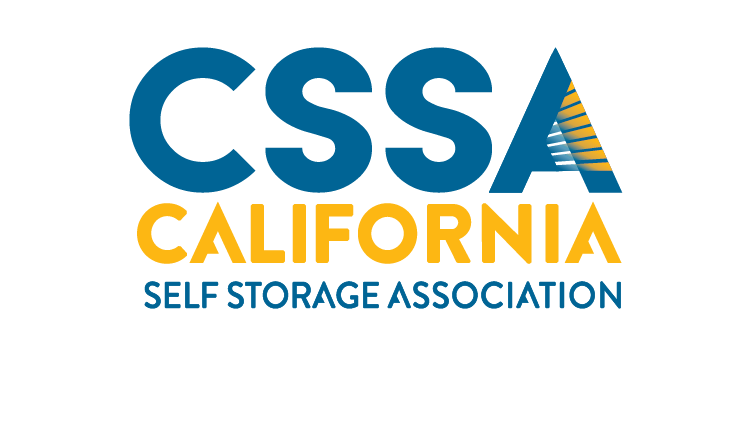Menu
Log in
Self Storage Bill Watch List
CSSA in conjunction with SSA and lobbying firm follow and number of pieces of legislation that make their way through the California
Self Storage Association Bill List |
Contact UsCalifornia Self Storage Association P: 888-CSSA-207 or 888-277-2207 | Upcoming Events
| Get Started TodayWhether you’re an Owner, Operator or Vendor we have a membership that is right for you. |

